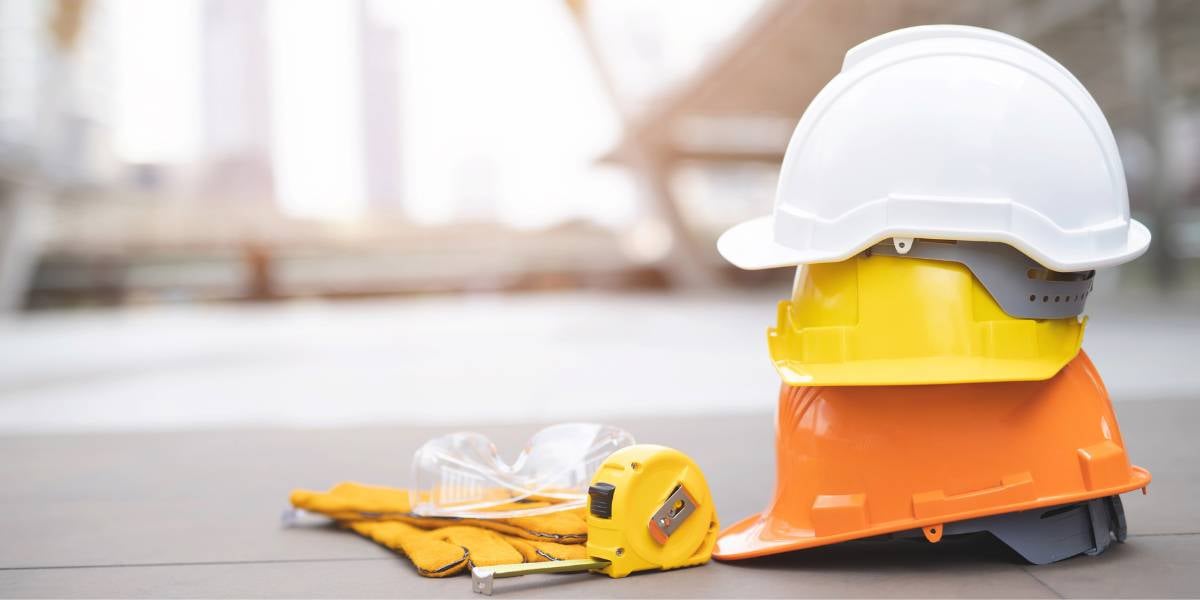When you are running a business, you have a long list of tasks to tackle – and juggling becomes one of your main skills! It is challenging enough on a day to day basis, but adding in OSHA regulations and requirements certainly adds another layer of complexity. Wading through complicated standards can feel overwhelming and, understandably, many small business owners are not fully confident about what they need to do to comply.
Because noncompliance can jeopardize not only your people but your very business itself, it is important to understand what you need to do to stay within the letter of the law and the many benefits of OSHA training.
OSHA: Protecting Your People and Your Business
Let’s start by looking at the question asked initially: how can my business get OSHA certified? This is a common inquiry but it is a bit of a misconception. OSHA doesn’t certify businesses per se. In fact, they do not appear to like the term “certification” much at all! For example, when workers complete a 10- or 30-Hour Outreach training, OSHA states, “Although some states, municipalities or others may require Outreach training as a condition of employment, it is not an OSHA requirement. None of the courses within the Outreach Training Program is considered a certification."
The body instead issues participants of training courses a “certificate of completion.” In the sixteen-hour Construction Safety course, for example, participants do receive an OSHA approved certificate of completion – but the business itself is not “certified.” This may be a distinction without much of a difference, but it helps to clarify terms.
That said, does your business need to comply with OSHA standards? Some industries and businesses are exempt. For example, if you employ 10 or fewer people and are involved in a “low risk” industry, then likely you are not required to follow all OSHA regulations, and, of course, not all regulations are applicable to every business.
Some factors that play a role in whether or not you must follow standards include:
- The size of your company. As mentioned, if you have 10 or fewer employees, you typically do not have to maintain OSHA safety records. A big exception is if there is a fatality or if more than three of your people were hospitalized in one calendar year.
- Your industry. You may be partially exempt if you work in a low risk industry. As construction professionals, our businesses do not fall into this category.
- Location. OSHA pertains to most private sector employees. Twenty-two states, though, have created their own safety programs, which are approved by OSHA. Florida is a federal OSHA state, so this does not apply to your business.
Now, even if you are partially or fully exempt from the OSH Act (the 1970 law that led to the creation of the Occupational Safety and Health Administration, or OSHA), it is beneficial to act as if you need to comply. After all, OSHA’s mandate is to ensure workers have safe and healthful workplaces and that known and recognized hazards are eliminated or remediated. The safety of your people – and the reputation of your business – is on the line.
If you are not sure about which OSHA requirements relate to you specifically, do not be afraid to reach out. OSHA itself is a fantastic resource. They’re not “out to get you.” A large part of what they do is offering training and guidance. Take advantage.
OSHA Construction Certifications
In consultation with OSHA and, perhaps, a trusted legal advisor, determine which OSHA regulations you are required to follow. It is on you, as the employer, to work this out and then ensure your people have the proper training.
There are a number of training opportunities available. OSHA construction certifications (or certifications of completion!) include:
- OSHA 10-Hour Construction
- OSHA 30-Hour Construction
- HAZWOPER 40-Hour (Hazardous Waste and Emergency Response)
- Confined Space Entry for Construction Industry
- Sit-Down Forklift Operator Safety
- Stand-Up Forklift Operator Safety
There are also “general industry” trainings that are often very useful. Again, it is your responsibility to determine which standards you need to comply with and to ensure your employees receive the right training and education.
Training can be delivered in-person through lectures, class discussions, student interaction, and hands-on demonstrations. Fortunately, though, many courses are routinely offered online for maximum convenience.
Benefits of OSHA Training
There are many benefits of OSHA training:
- Compliance. If you are not exempt from the OSH Act, then you must comply with OSHA standards in order to operate your business.
- Safety. This is always the first priority. Proper training increases workplace safety and significantly reduces the risk of job-related accidents, incidents, and illnesses.
- Financial. From lower insurance premiums to avoiding hefty OSHA fines and penalties, strong safety training impacts the bottom line.
- Reputation. Your company depends on its good name. Proper safety measures convey a message that you care about your people (and your customers/clients) – which also makes it easier to attract and retain talent and business.
Need to talk about OSHA training and your business? Contact our team to learn more.
